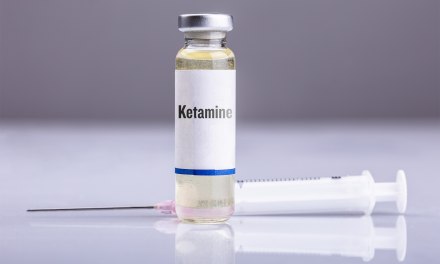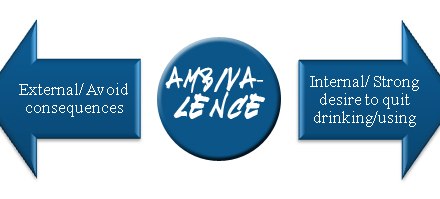Some years back I came across a brief article by the retiring CEO of a well-known addiction treatment program. It was by way of a farewell to the field he’d helped to grow and nurture.
The title was Ten Ethical Failings in Addiction Treatment, by Michael Campbell. It appeared first in Alcoholism and Drug Abuse Weekly (March 9, 2015).
Some of the areas of concern he identified:
Promising a cure: Oh yeah, that one. I remember one program actually made the promise of a ‘cure’ the centerpiece of a national ad campaign. Here’s my take: Cured? Don’t Count on It
Even today, the notion of treatment as a ‘cure’ for addictions is more prevalent than many believe. Nutrition-based approaches and those that make use of psychedelic drugs are two common examples. An editor at a publishing house was convinced he had been cured and urged me to change my opinion to match his. I didn’t.
Then there was the researcher at NIH who assured me with complete confidence that his team of scientists would find a cure for alcoholism. This was several decades ago. I’m still waiting.
Misrepresentation in advertising: marketing services or features that you don’t actually plan to deliver. When that happens, it’s usually due to simple zeal for a favorite method, or a desire to get an edge on the competition. Problem is, when the customer learns how things really work, disappointment follows. Program managers may expect clinicians to make excuses for them, which is like being press agent for an especially obnoxious celebrity. A losing battle, and one that makes everyone feel like an idiot.
It’s fine to promote your services. It’s not okay to lie in doing so. Word invariably gets around, and there goes your credibility.
Inflating success rates: Will somebody please explain to me how we measure a ‘success rate’ for a complex chronic disorder with biopsychosocial dimensions? For diabetes, success is considered a matter of degree – the percentage of patients who comply with a regimen, for instance, or improvement in blood sugar levels. For bipolar disorder, we might look at symptom relief, or the length of time between acute episodes. All that makes a rough kind of sense and better still, you can measure it.
How could any treatment program anywhere assure its customers of success in terms of permanent sobriety? They can’t. So why bother pretending?
At one time the public viewed addiction in absolute terms (now referred to as “binary” thinking). Better to explain to all concerned what treatment and recovery really involves in terms of effort, persistence, and change, and establish realistic expectations for progress.
So as you can see, despite some advances, we still have plenty of work to do on these same issues.













